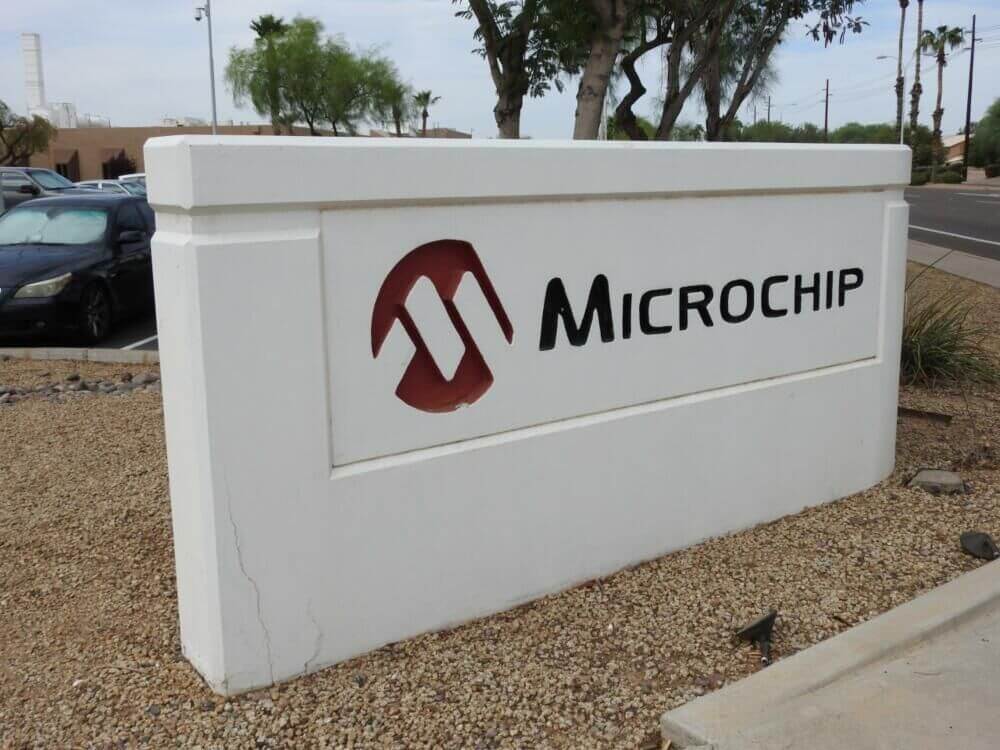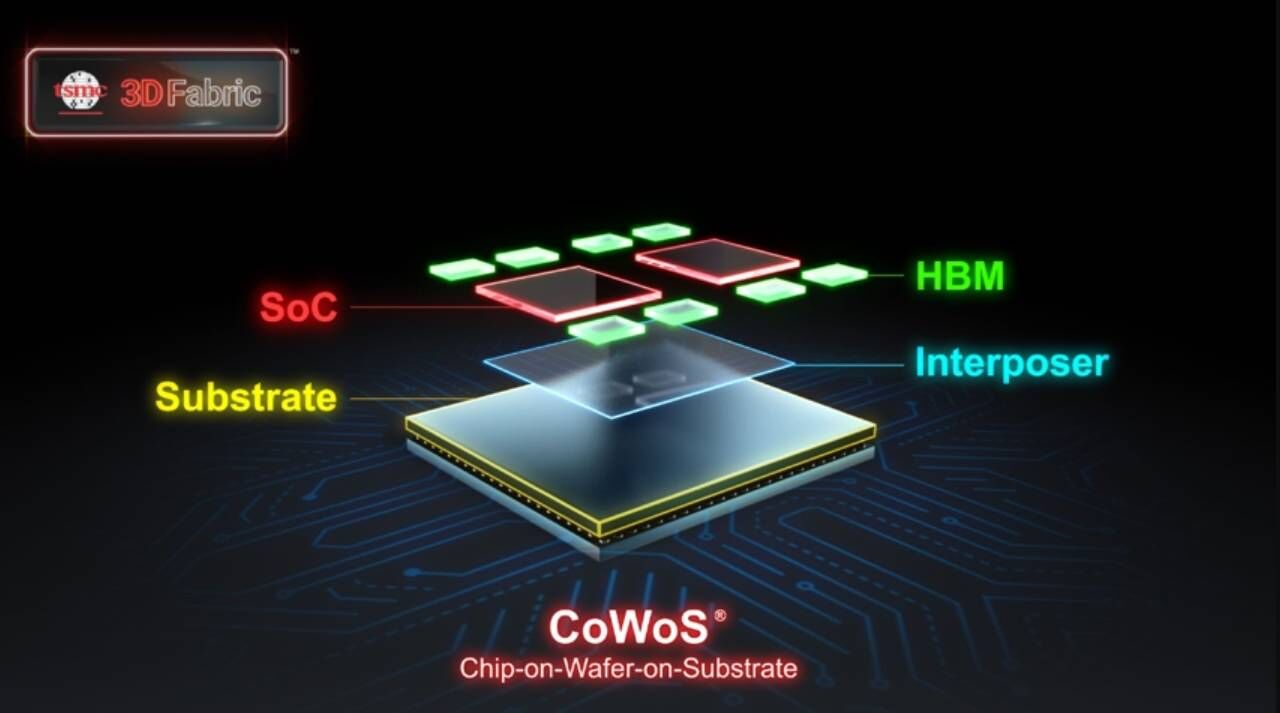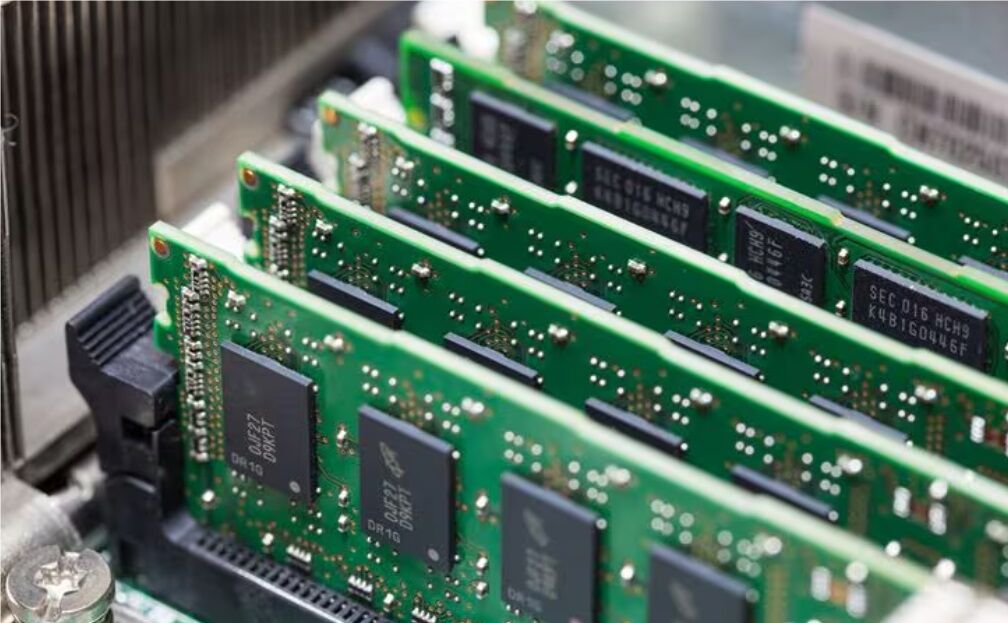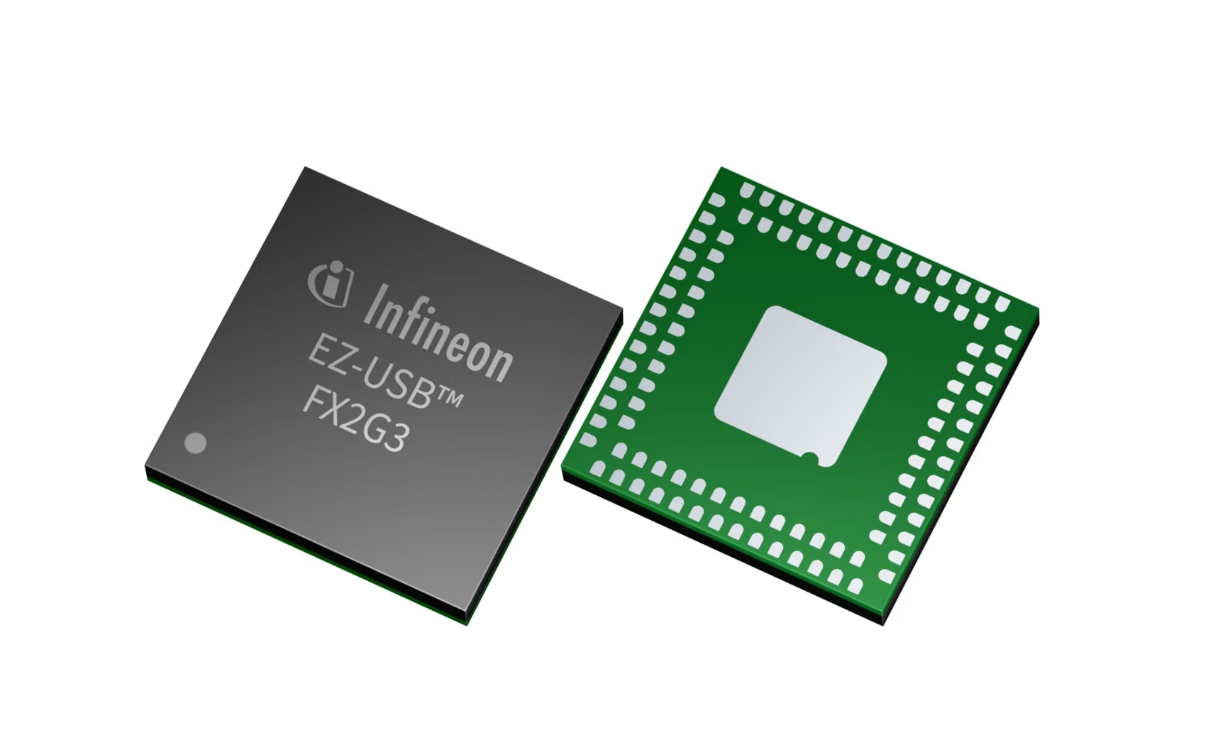Microchip recently won a $50 million project from NASA to develop next-generation high-reliability processors for space missions, according to reports.
The report pointed out that the project from NASA's Jet Propulsion Laboratory, the HPSC processor will provide at least 100 times the computing power of current space computers, suitable for all types of missions from planetary exploration to the surface of the moon and Mars future space missions.
Microchip will build, design and deliver the HPSC processor within three years, with the goal of using the processor in future lunar and planetary exploration missions.
"Our current space computers were developed nearly 30 years ago, and while they have performed well on past missions, future NASA missions will require significant improvements in onboard computing power and reliability. New computing processors will provide the advancements in performance, fault tolerance and flexibility needed to meet these future mission demands," said Wesley Powell, NASA's lead technologist for advanced avionics.
“We are delighted that NASA has selected Microchip as its partner to develop the next generation of space-grade computing processor platforms. It will provide a comprehensive Ethernet network and advanced artificial intelligence/machine learning platform while delivering unprecedented performance improvements, fault tolerance and security architecture at low power consumption," said Babak Samimi, corporate vice president of Microchip's Communications Business Unit.












All Comments (0)